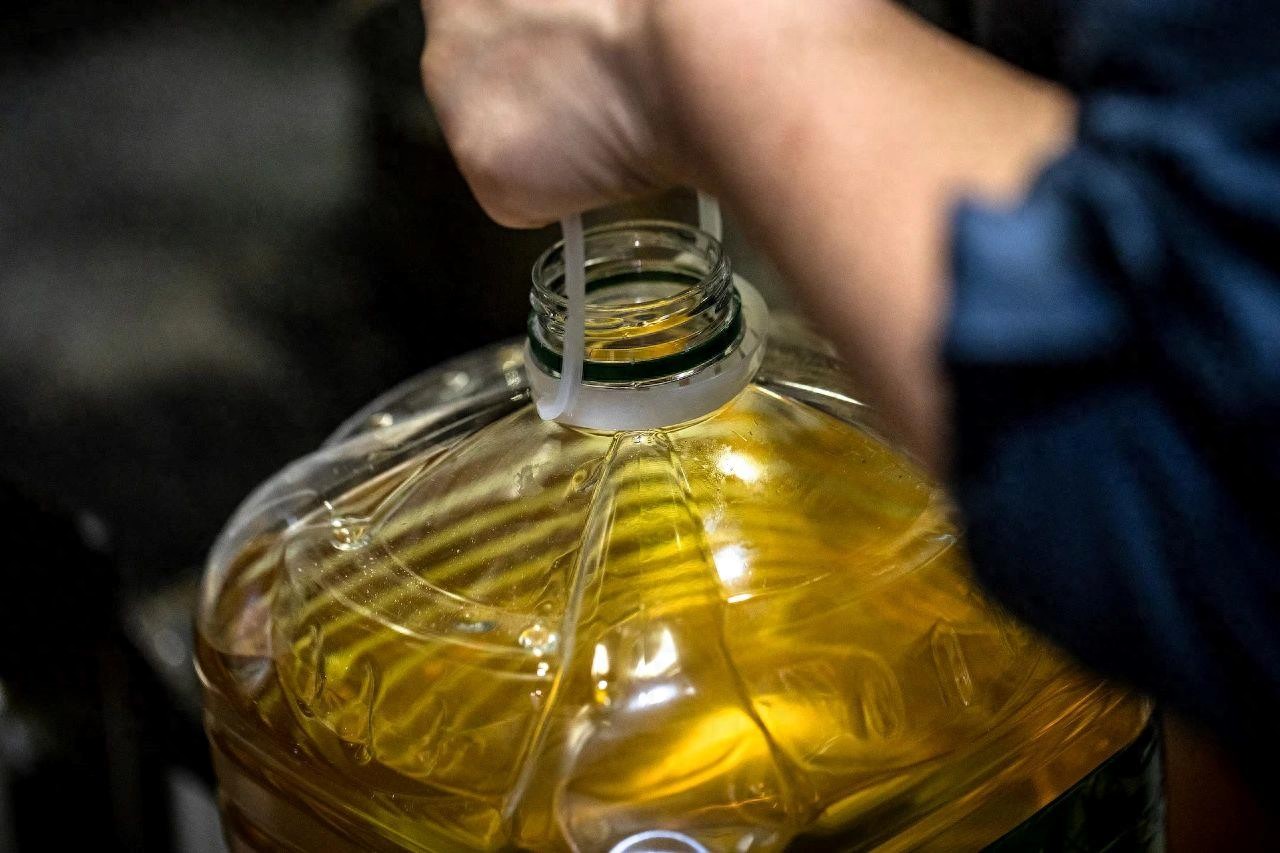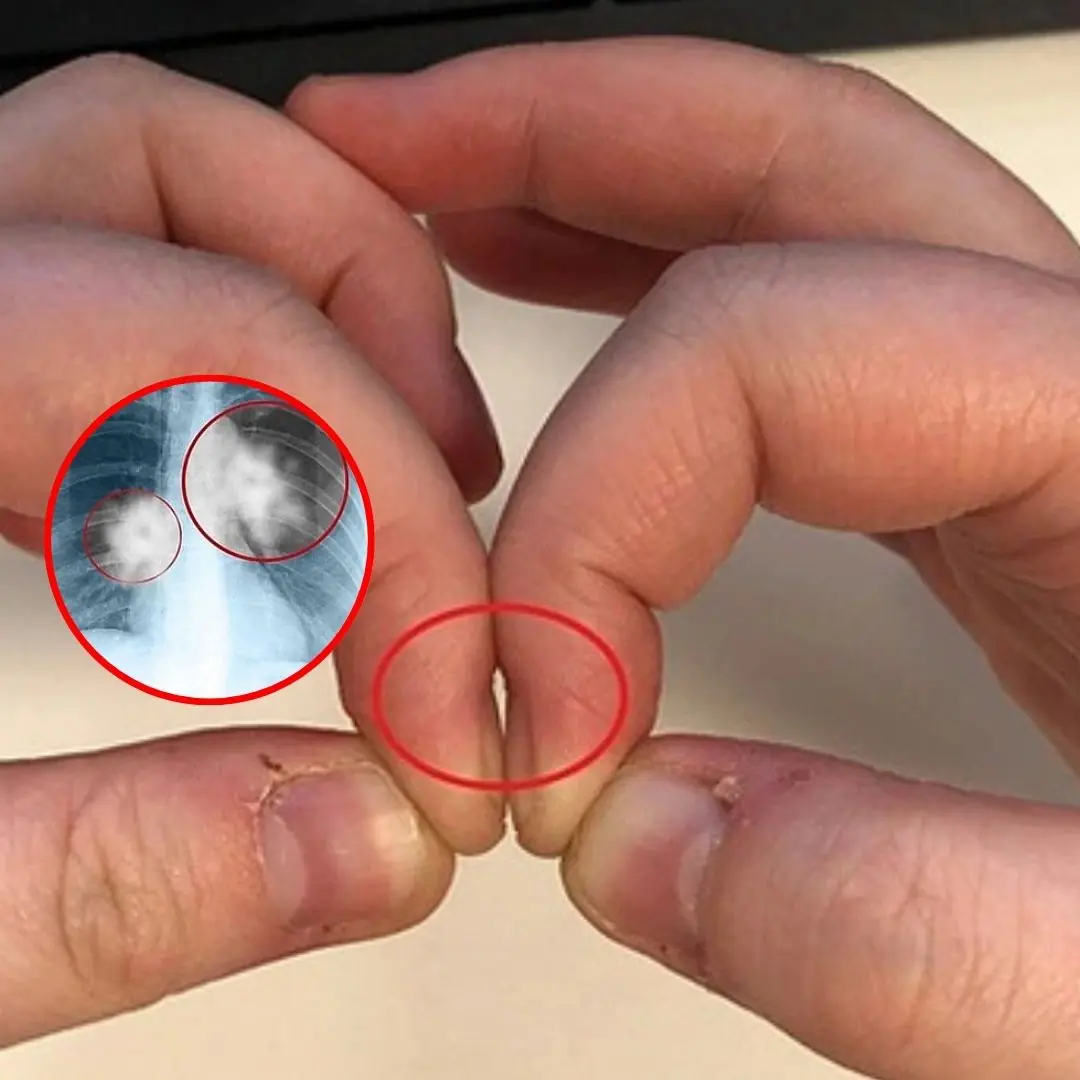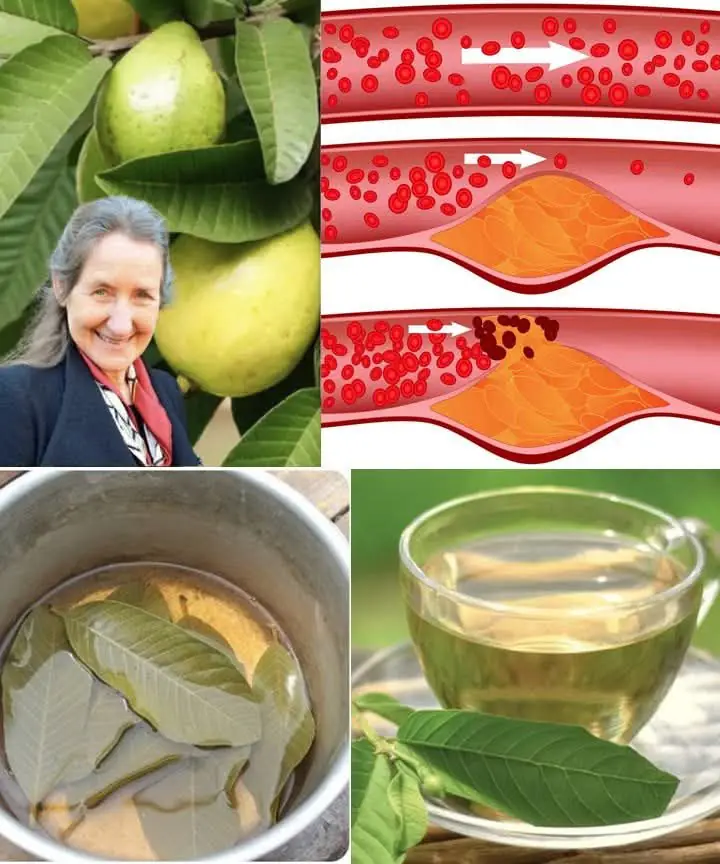
Many people come into contact with three major carcinogens every day
Many people come into contact with three major carcinogens every day — and one of them might be hiding right in your home without you realizing it!
This issue is surprisingly common in modern households.
In daily life, there are certain cancer-causing factors that often go unnoticed. Understanding these substances and taking proper steps to reduce exposure is crucial for protecting your health and that of your family.
1. Homemade Peanut Oil
Many people believe that homemade peanut oil has a richer aroma, but it’s important to note that this type of oil can be a health disaster — it often contains high levels of aflatoxins, one of the most powerful known carcinogens.
Because homemade peanut oil is unrefined, aflatoxins tend to accumulate more easily.
In addition to peanut oil, aflatoxins can also be found in moldy corn, grains, and oils. Therefore, it’s vital to store food in a dry and well-ventilated place and discard any moldy items immediately.
But what if kitchen utensils like chopsticks or cutting boards come into contact with aflatoxin-contaminated food? Do you need to throw them away?
Not necessarily. Aflatoxins require a specific environment and nutrients to develop, which kitchen utensils typically lack.
Simply wash and dry chopsticks and boards thoroughly after use. Keep chopsticks in a dry holder, and store cutting boards upright or hang them after cleaning. Regular disinfection will prevent any risk of carcinogen formation.
2. Betel Nut
Many people have the habit of chewing betel nut, but it’s classified as a Group 1 carcinogen — meaning it has been proven to cause cancer, according to the International Agency for Research on Cancer (IARC) under the World Health Organization (WHO).
Betel nut chewing is highly addictive and strongly linked to oral cancer.
Oral cancer is one of the most common malignant tumors in the head and neck region, with around 300,000 new cases globally each year, nearly half of which are fatal.
Experts note that oral cancer is relatively easy to detect. When diagnosed early, the cure rate can reach 90%, but if detected at a later stage, the 5-year survival rate drops to 55–65%.
That’s why avoiding betel nut entirely is the smartest choice.
3. Cooking Fumes
Cooking smoke is a major source of indoor air pollution and poses a serious health risk.
Recent data show that lung cancer has overtaken breast cancer as the most common cancer among women. However, since smoking rates among women are generally low, what’s driving the high incidence?
One significant factor is exposure to cooking fumes, especially from high-temperature frying.
Toxic substances in cooking smoke — such as benzopyrene and acrolein — are known to increase the risk of lung cancer.
Research indicates that non-smoking women exposed to cooking fumes over long periods have a 3.79 times higher risk of developing lung cancer.
To reduce this risk:
-
Always turn on the range hood before you start cooking.
-
Keep it running for a few minutes after you finish to clear residual smoke.
-
Avoid high-smoke cooking methods like deep-frying, stir-frying, or pan-frying.
-
Opt for steaming, boiling, baking, or cold dishes more often.
-
If your kitchen ventilation is poor, consider using microwaves or ovens instead of open flames.
By understanding and controlling these hidden carcinogens, you can significantly reduce your household’s exposure risk — and take a major step toward protecting your long-term health.
News in the same category


4 Types of Tofu Contain To.xic Chemicals That Can Severely Damage the Li.ver and Kid.neys

A man di.es from diabetes: 6 breakfast foods you should never eat

4 early leg symptoms that could indicate a de.adly can.cer

Seus pés podem revelar seus níveis de açúcar no sangue - 5 sinais de alerta que você não deve ignorar!

Doctors Reveal What Happens If You Only Sleep 6 Hours a Night

Urine color and smell reveal your health, especially your liver and kidneys

Avoid these 4 bedtime habits — they might be damaging your kidneys without you knowing!

There are two very precious parts on the pig: ginseng and bird's nest, so you can eat comfortably without getting fat

The secret to crystal clear eyesight

The natural drink to eliminate mucus, dry cough, sinusitis, bronchitis and sore throat

The ri.sk of liver fluke infection from eating habits that many people have

Don't ignore angina: 3 seemingly harmless daily habits that are silently harming your heart

Doctors warn: 3 familiar dishes are worse for the stomach than chili, many people still eat them without care

Put your index fingers together — what you see could reveal early signs of lung ca.n.cer, according to doctors

3 Common Sleep Habits That Silently Age Your Brain, Weaken Memory, and Reduce Focus

One simple natural remedy can help fight diabetes, high blood pressure, and stomach pain — and you’ll never believe what it is

The healing power of tea: A journey through the world of herbs

These 5 Common Habits Are Actually Very Harmful to Your Brain, But You Do Them Every Day
News Post

The last words I ever heard in my classroom, after forty-two years of chalk dust and scraped knees, were “Whatever, old man.”

Try dropping a bar of soap into your toilet tank

4 “Strange” Nighttime Sensations That May Signal Hidden Can.cers

4 Types of Tofu Contain To.xic Chemicals That Can Severely Damage the Li.ver and Kid.neys

A man di.es from diabetes: 6 breakfast foods you should never eat

4 early leg symptoms that could indicate a de.adly can.cer

Doctors Reveal What Happens If You Only Sleep 6 Hours a Night

Why you should never pour hot water down the kitchen sink?

Urine color and smell reveal your health, especially your liver and kidneys

Small tips to help preserve ginger easily, use all year round without worrying about it drying out or spoiling

Put this in your toilet and come back after 30 minutes… you won’t believe your eyes!

Avoid these 4 bedtime habits — they might be damaging your kidneys without you knowing!

My MIL Humiliated Me Over Not Having a Son — But She Didn’t Know Who Was Listening

I Returned Home for My Tablet and Found the Attic Ladder Pulled Down – Then I Heard Someone Tell My Son, 'Put This in Mom's Bag'

I Gave My Last $3 to a Stranger at a Gas Station and Woke up Owning a Business Empire

If you see these 3 things in a motel or hotel room, check out immediately

There are two very precious parts on the pig: ginseng and bird's nest, so you can eat comfortably without getting fat

The wedding hall sparkled, but all I could focus on was the table number in my hand
